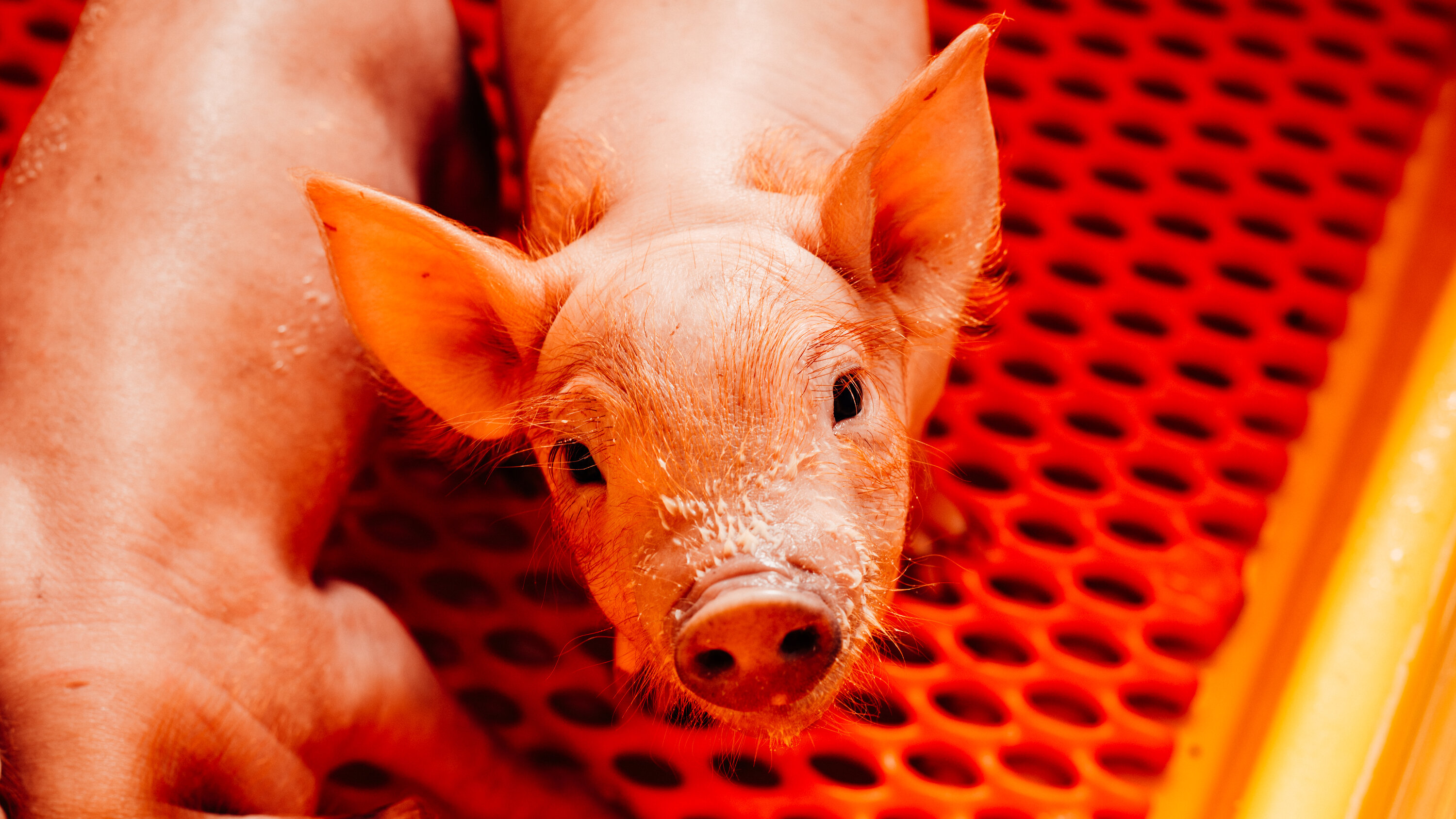Home / Health / Genetically Modified Pigs Provide Lifesaving Organ Transplants
Genetically Modified Pigs Provide Lifesaving Organ Transplants
12 Nov
Summary
- Pig organ transplants show promise, with patients surviving over 6 months
- Trials of pig kidney and liver transplants underway in the US and China
- Significant challenges remain, including immune rejection and virus transmission

As of November 2025, scientists are making significant progress in the field of xenotransplantation, the use of animal organs to replace failing human organs. At a recent conference in Geneva, hundreds of researchers shared data and discussed breakthroughs in this once-futuristic medical approach.
Two patients in their 60s have now survived for over 6 months with kidneys from genetically modified pigs, though the organs had to be eventually removed. Several clinical trials of pig organ transplants are now underway in the US and China, with the first participant in a US study receiving a kidney from a pig with 10 gene edits.
Next year, another company plans to begin trials of kidneys from pigs with 69 gene edits, as well as testing pig livers for use by patients with chronic liver disease. There are also plans to start offering pig heart transplants for babies born with a rare heart defect.
However, significant challenges remain. While scientists are learning to better suppress the immune system's rejection of foreign tissue, they are finding that the pig kidneys are not functioning as well as hoped in humans. There are also concerns about the potential for animal viruses to infect transplant recipients, as has happened in a few cases already.
Despite these obstacles, scientists remain optimistic, comparing the current state of xenotransplantation to the early days of human-to-human organ transplants in the 1980s. They believe regulators will be open to approving more pig organ transplants given the lack of other options for many patients.




